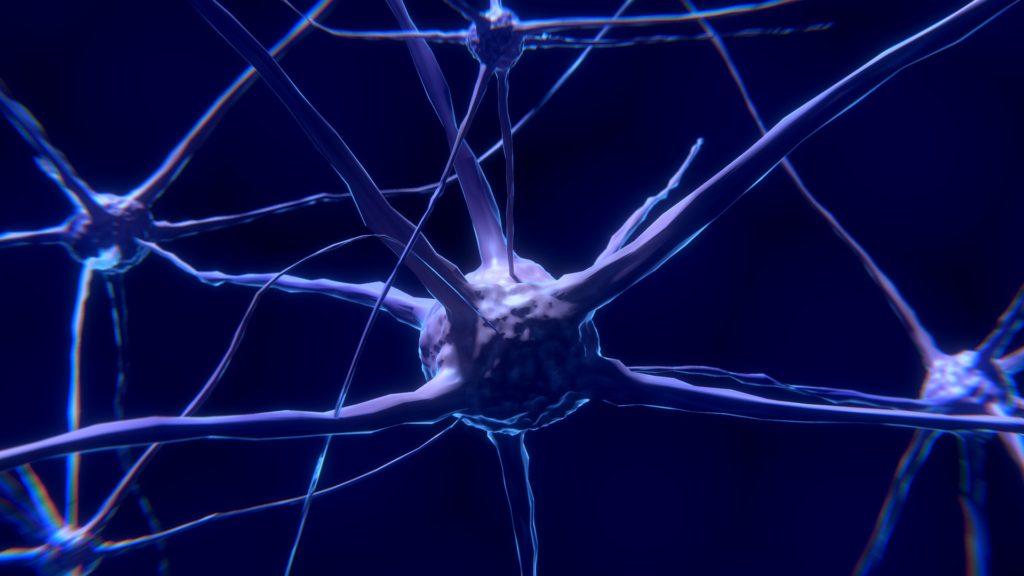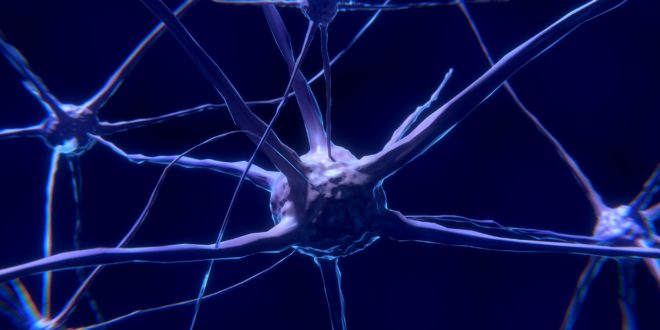 Aristotle* was right, we are what we repeatedly do, but modern neuroscientists would add that we are also what we repeatedly think.
Aristotle* was right, we are what we repeatedly do, but modern neuroscientists would add that we are also what we repeatedly think.
Neuroplasticity, the ability of the brain to make new neural pathways based on the information it receives, isn’t new (our brains have always been plastic); what is new is our understanding of this phenomenon.
This is probably best summarised by the adage, ‘Neurons that fire together wire together’.
In other words, if you think a thought or perform an action often enough, the neurons that are responsible for executing those thoughts and actions will start to join together to form new neural pathways to accommodate them.
For example, if you constantly think about a pain you are experiencing, the brain will create neural pathways to make accessing that pain easier. However, as soon as you accept you have pain, the brain will begin to re-route away from pain and towards acceptance. And, if you can make acceptance your default mode, the pain usually becomes much easier to manage (simple but not easy).
To some degree this is what the placebo effect is all about i.e. you take a pill that you think will relieve your pain, the brain starts to re-route to accommodate that thought and, hey presto, the pain abates.
There are lots of things you can do to promote brain plasticity, but let’s focus on three:
- Aerobic exercise that gets a sweat up creates a protein called Brain Derived Neurotrophic Factor (BDNF) and BDNF is considered to be ‘fertiliser for the brain’. So, while a stroll in the park is beneficial on a number of levels, if you really want to energise your brain, a fast walk that elevates your heart rate is much better.
- If you want your brain to learn new stuff, focused repetition (practice) is essential. Practice makes perfect, right? Nope, perfect practice makes perfect. Watch the average golfer spraying balls left, right and centre on the driving range and ask yourself what kind of plasticity is likely to occur.
- The celebrated neuroscientist Michael Merzenich, says older people are good at creating negative neuroplasticity, aka ‘you can’t teach an old dog new tricks’ syndrome. As it turns out, not only can Rover learn new stuff, if he makes learning new stuff a habit there’s a good chance his brain will remain flexible into old age, which has significant implications for those of you who are concerned about dementia in its many guises.
To summarise: The discovery that our brains are plastic is a potential game-changer, but only if you feed your brain with helpful thoughts, exercise with the objective of getting out of puff, practice stuff you want to learn as perfectly as possible and stay engaged in the game of life.
Tim Webster is the founder of Exercise as Medicine NZ. He can be contacted by email tim@exerciseasmedicinenz.com or by calling 021 0228 2551.
*Some people attribute this quotation to Will Durrant.









Join the Discussion
Type out your comment here:
You must be logged in to post a comment.